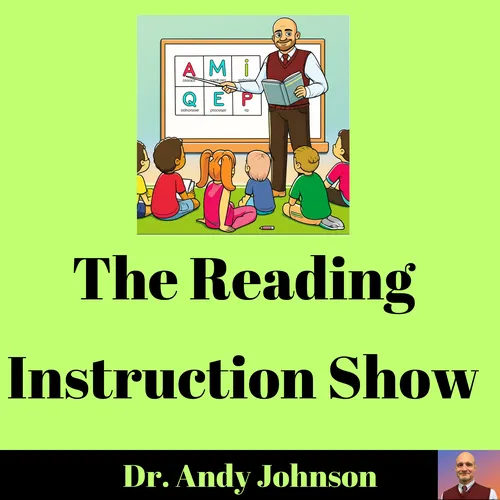
The Reading Instruction Show
The Reading Instruction Show is a podcast about reading instruction (and other things) with a little bit of attitude. There is plenty here to inform and entertain all. And, by the way, I'm not trying to sell any books. I don't have any curriculum or programs to market. I don't accept speaking fees. And, I don't ever want to be a consultant.
- Update frequency
- every 8 days
- Average duration
- 15 minutes
- Episodes
- 295
- Years Active
- 2019 - 2025

Of Mice and Minnesota: Mouse World and Reading Instruction
Yes, state legislatures have the right to impose statues. Absolutely. But teacher's unions have the right, and the moral obligation to respond. The Read Act and other SoR mandates strip away teach…

Emily Hanford is the Alexa App of Reading Instruction
A fact may be true. But the truth of the fact is limited to the context in which it was found. Outside a meaningful context, the fact may mean something different. Also, facts without context can …

The New Reading Anti-Science Movement in Minnesota
This is an interview with a Minnesota reading Professor. Ideology has replaced science when it comes to reading instruction in Minnesota.

12 Essential Elements of a Comprehensive Reading Program
In 1997 Congress asked the National Institute of Children’s Health and Development to work with the U.S. Department of Education to establish a National Reading Panel. Their task was to …

I Was Wrong: Holy Books, Sacred Texts, Theories, Paradigms, and Reading Instruction
Questions: How is it that one interprets the same thing differently across time? How is it that one can read a book, have an experience, or observe phenomena and draw completely different conclusion…

I'm Woke!!!
There are conditions that tip the scale in favor of some groups and restrict or disadvantage others. There are communities, that seem to get the economic opportunities, good schools, good teachers, …
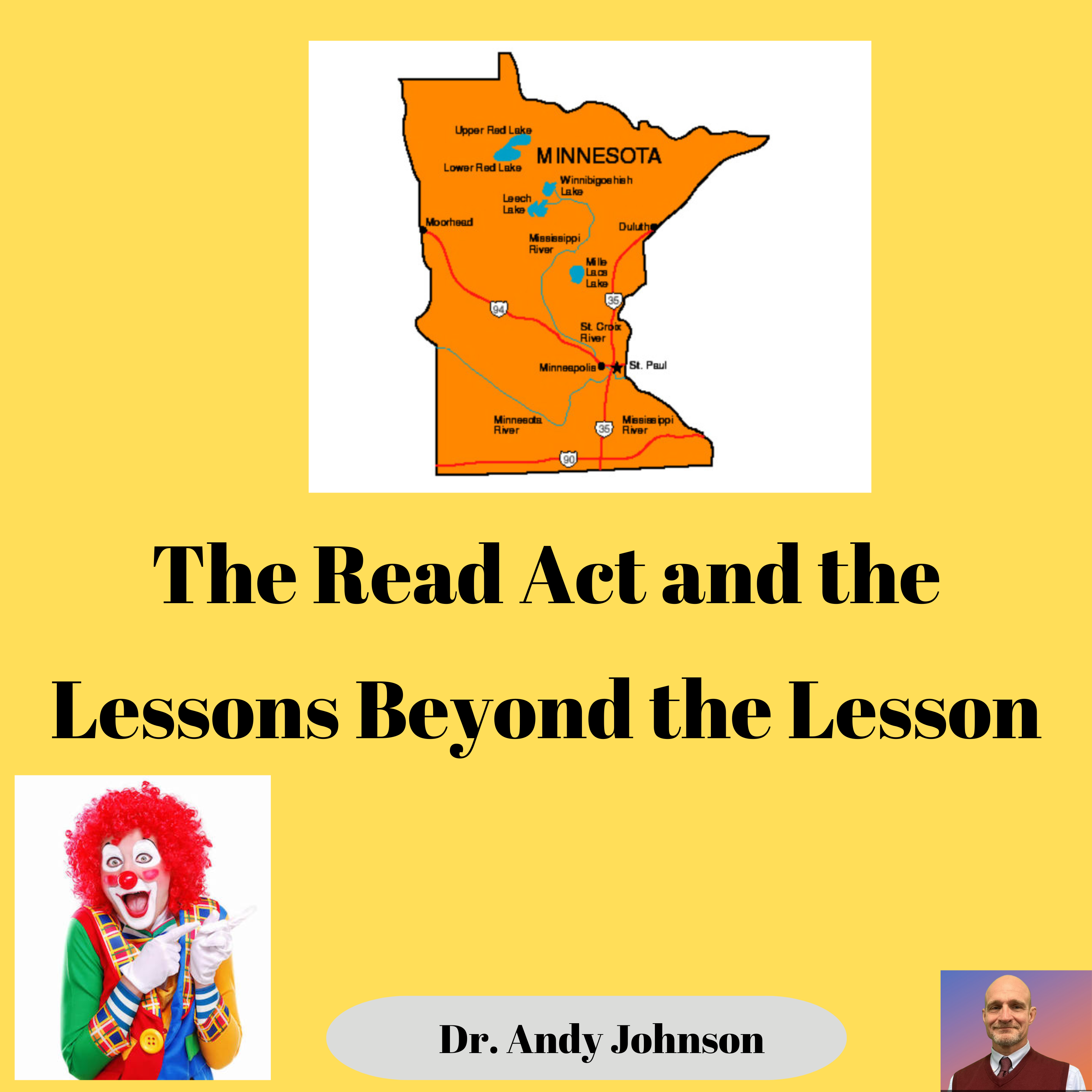
The Read Act and the Lessons Beyond the Lesson
Recently, the Minnesota State Legislature passed the Read Act, sponsored by Democratic representative Heather Edelson. It’s a law based on the fad of the day; the shiny new thing called the “science…
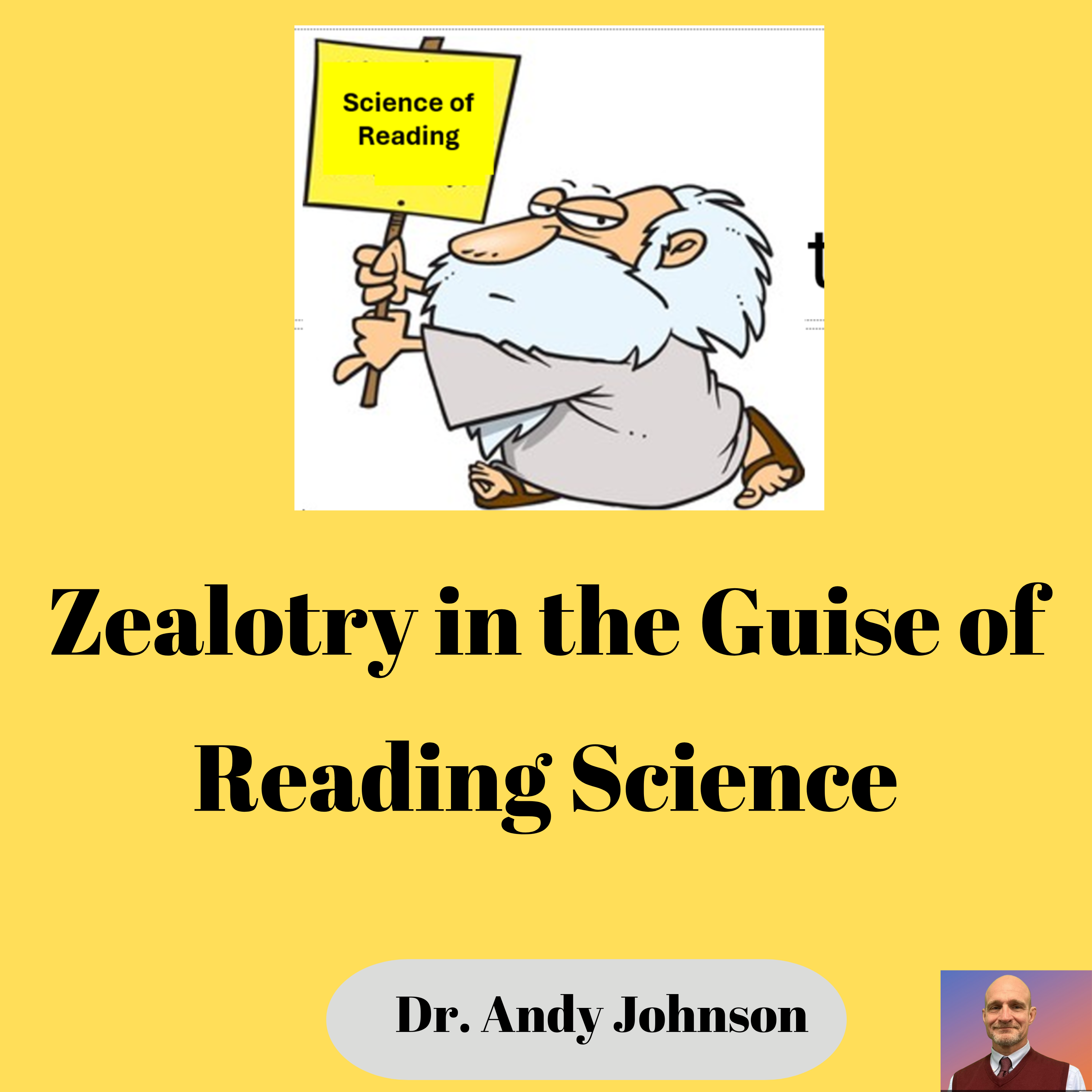
Zealotry in the Guise of Reading Science
I could live with a science of reading if the SoR zealots applied the scientific principles they claim to worship and adore to all of reading reality. That is, if the scientific principles that they…
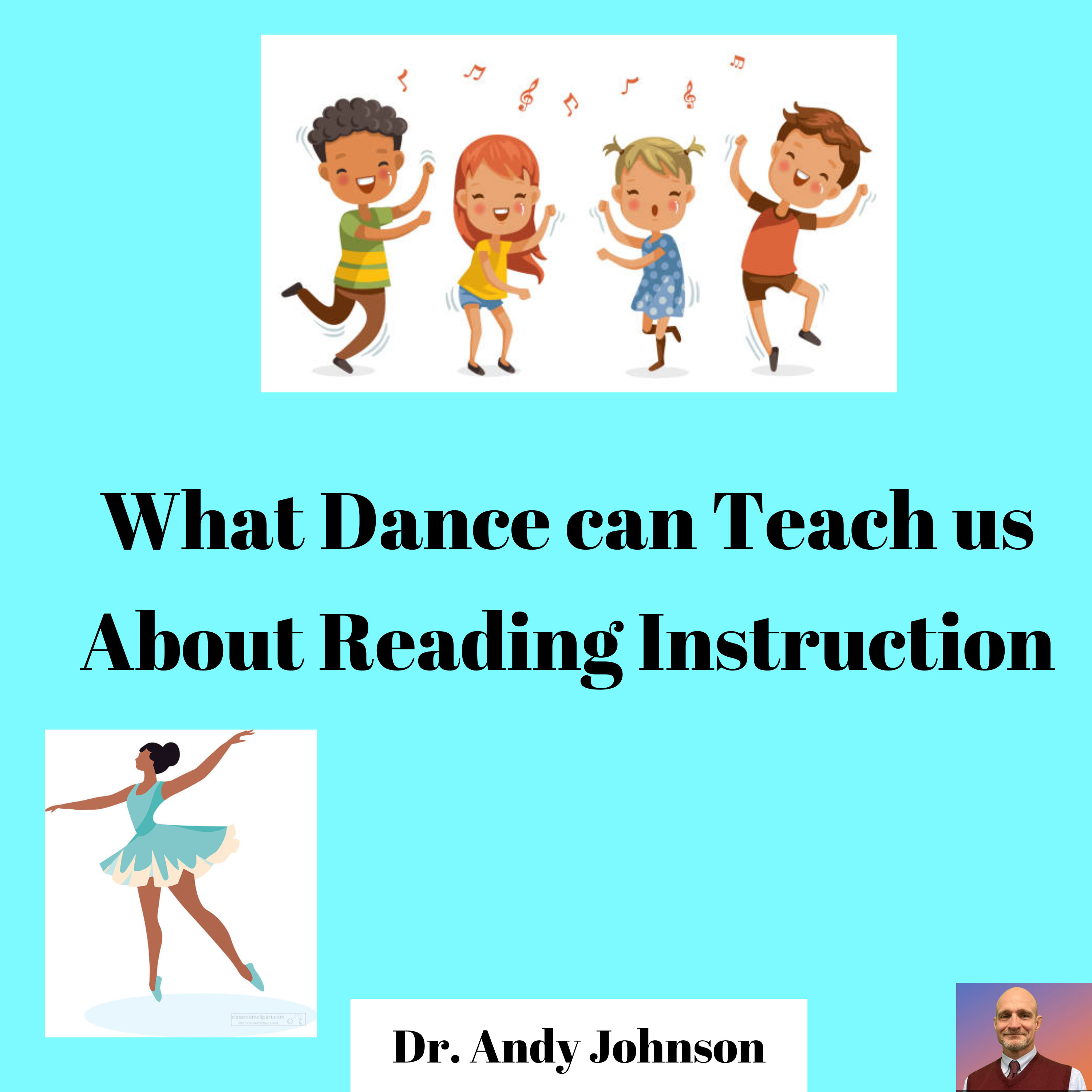
The Dance and the Joy of Reading Instruction
Dance has much to teach us about five areas of reading instruction:
1. Motivation.
2. Practice.
3. Dance dyslexia
4. Whole dancing.
5. Context.
Whenever a new SoR reading law is passed, the SoR zealots …
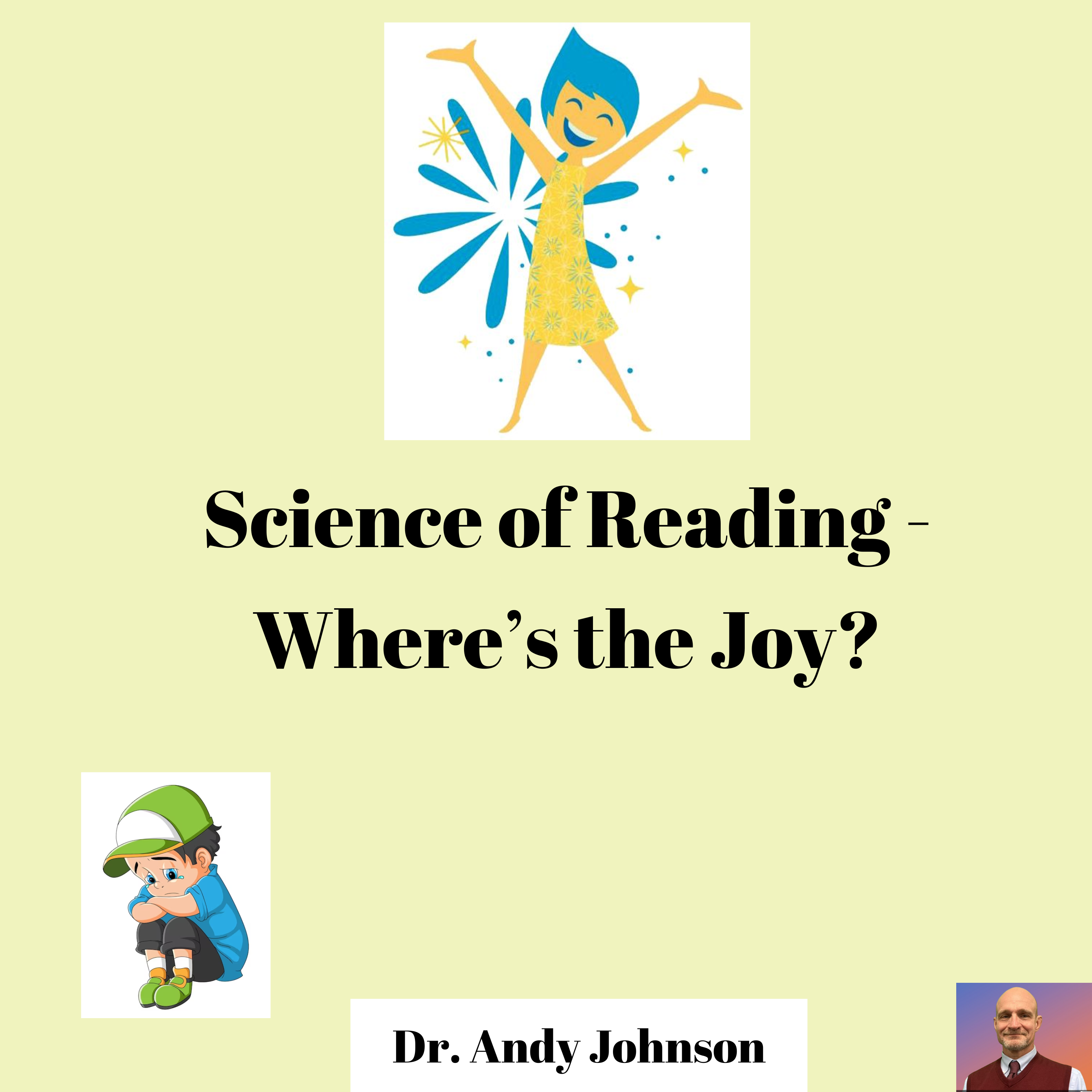
Science of Reading: Where's the Joy?
There is only one emotion that is good for learning: happiness and all its derivations. Joy is a derivation of happiness. Joy is pleasurable. Humans are rewarded by their emotions for doing things…
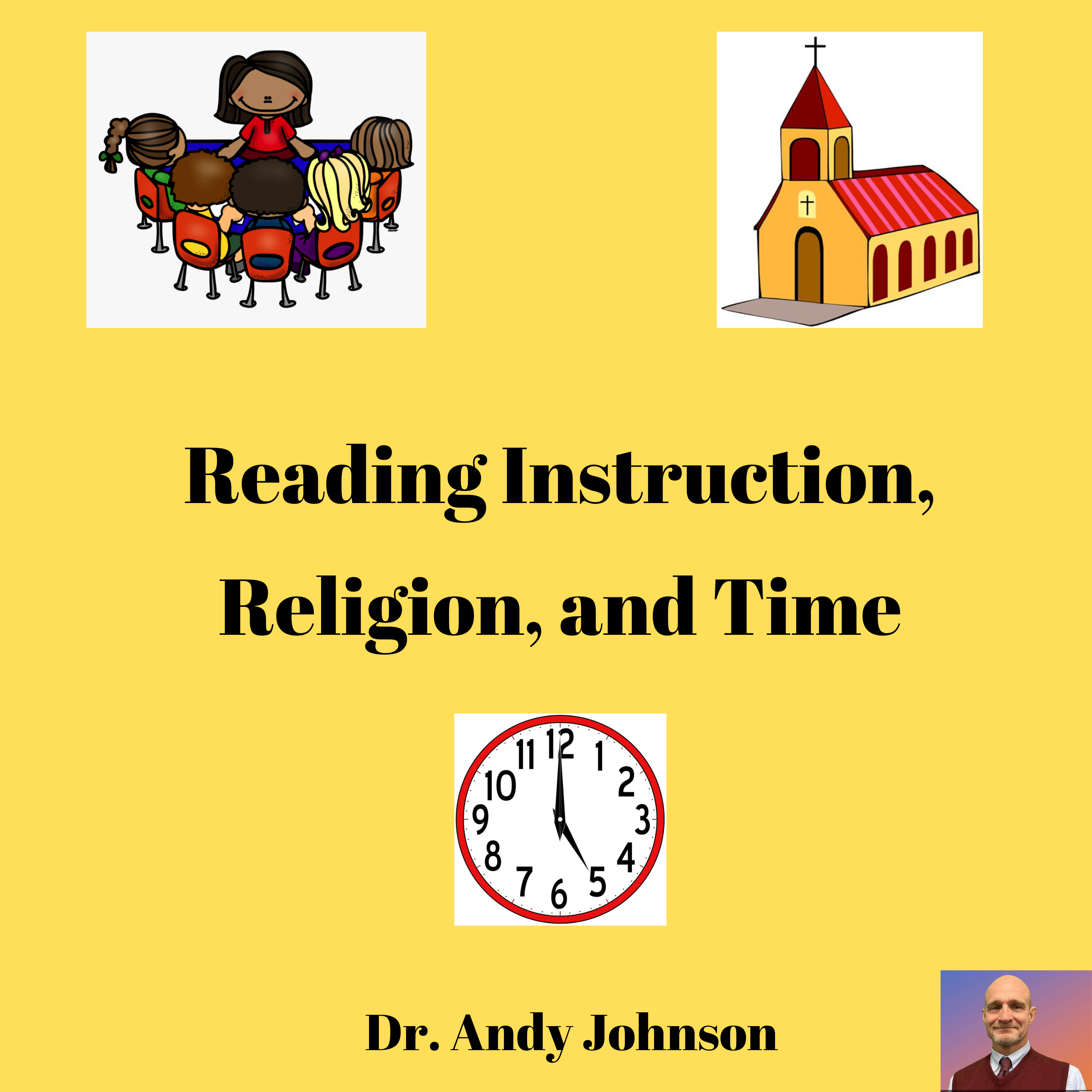
Reading, Religion, and Time
There are five kinds of time in a reading class.
Allocated time. There is the amount of time allocated for instruction.
Off-task time (OTT). There is OTT when students are doing things unrelated …
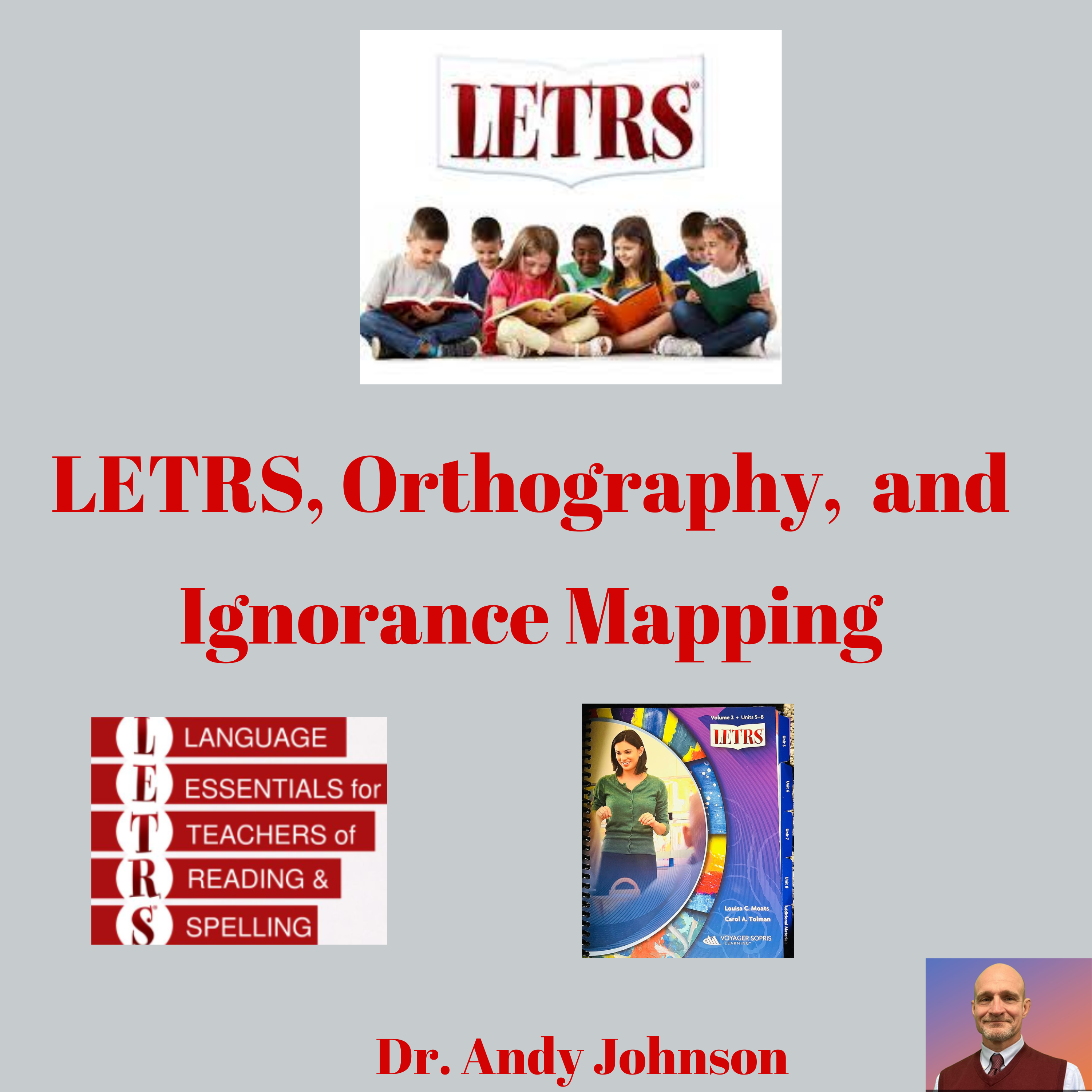
LETRS, Orthographic Mapping, and Ignorance Mapping
In becoming responsible consumers of educational research, we must ask four questions when claims are made that research has “proven these expensive, code-oriented, one-size-fits-all reading programs…
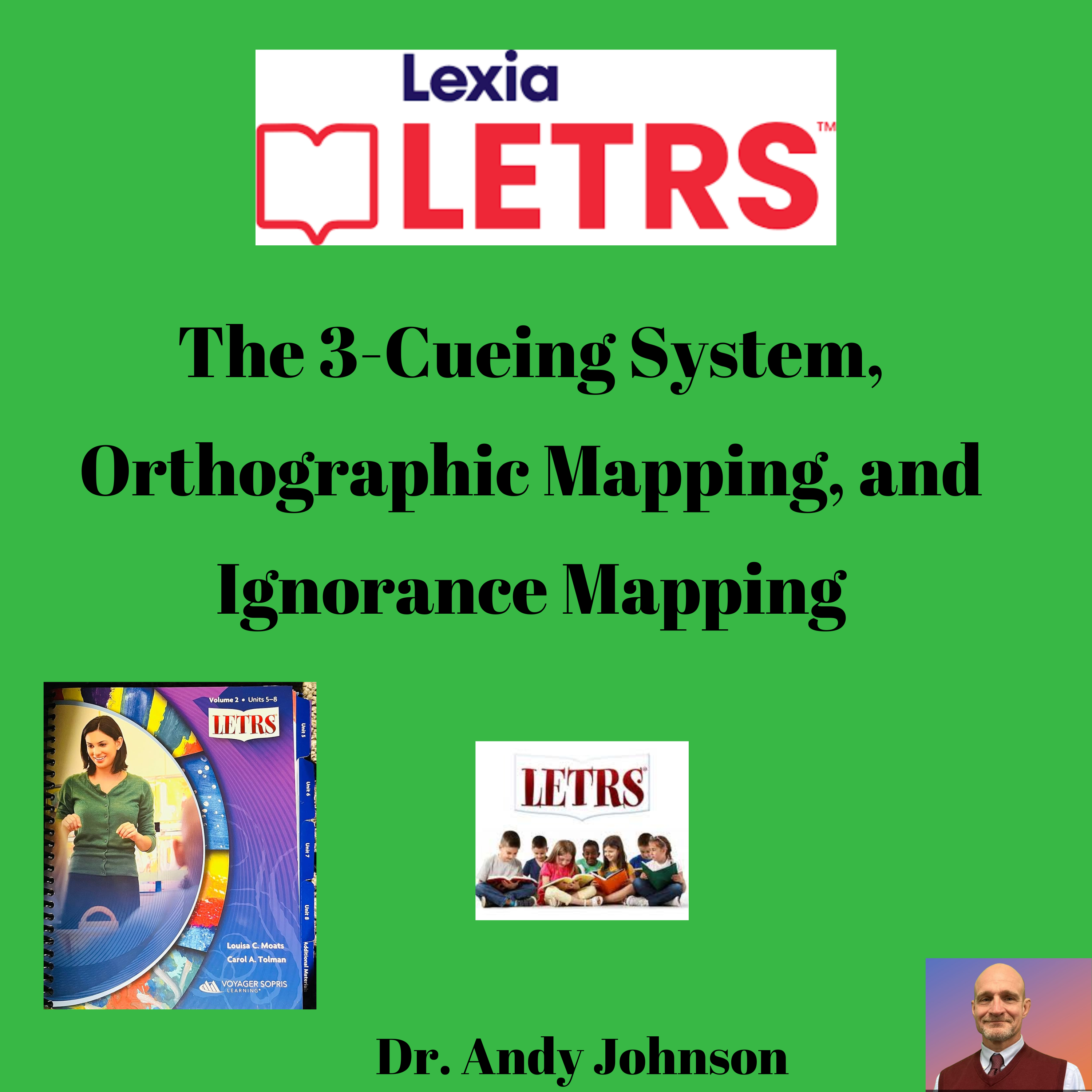
Three-Cueing, Orthographic Mapping, and Ignorance Mapping
The Science of Reading zealots in Minnesota and in other states around the country (Wisconsin, Texas, Ohio, and others) have done something pretty remarkable. (It’s remarkably bad, but still remarka…
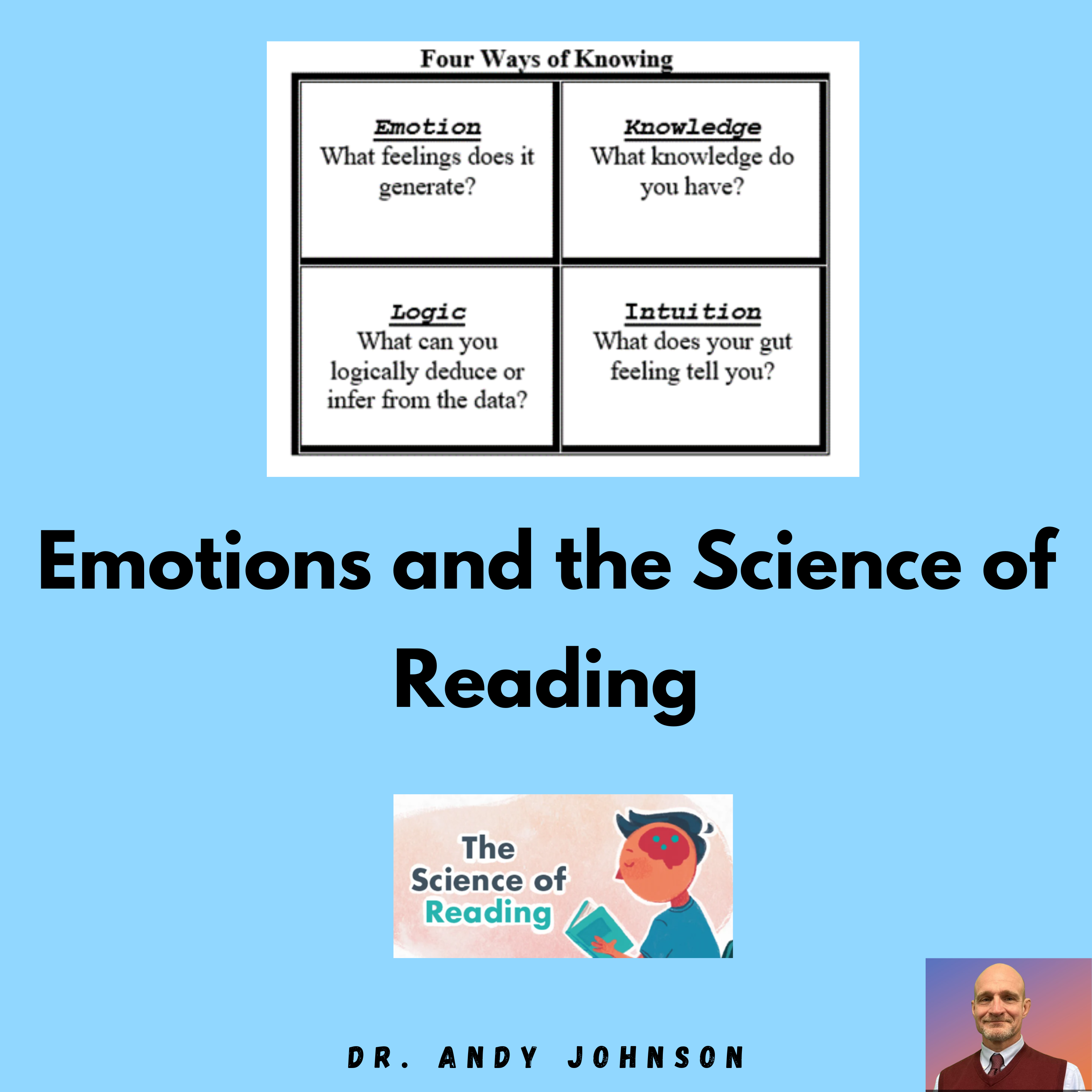
Emotions, Logic, Intuition, Knowledge and the Science of Reading
It’s an emotional response, make no mistake about that. The decision to abandon good reading instruction and move to what the SoR zealots call structured literacy is an emotional response. The deci…

Exploring Creativity with Sven Johnson
In this podcast I interview Sven Johnson to talk about creativity and the creative process.

Killing Cows, Burning Witches, and Reading Instruction in Minnesota
There's a literacy inquisition going on in Minnesota. Science of reading zealots are on a holy crusade. They are banning books, banning words, and banning ideas. Books, words, and ideas are dangerous…

THE MINNESOTA LIE
Minnesota passed legislation, The Read Act, manding that I lie to my preservice teachers. It's the law, that I must ignore my 30 years as a scholar, teacher, and tutor and tell my students things tha…

There Are No Reading Messiahs
Lucy Calkins has made some tremendous contributions – but at the end of the day, she does not represent balanced literacy or a meaningful-based approach to literacy instruction. At the end of the da…

Consensus Among Researchers, Intensive Phonics, and Word-Building Instruction
I’m spending time analyzing Jessica Winter’s article in a series of podcasts because it accurately represents the dis-representation and un-understandings of literacy instruction being portrayed by t…

When Business paradigms are Used in Education
The podcast looks at two different types of systems. Arthur Combs (1999) described two common types of systems used in organizations: top-down (managed) closed systems and person-centered open system…